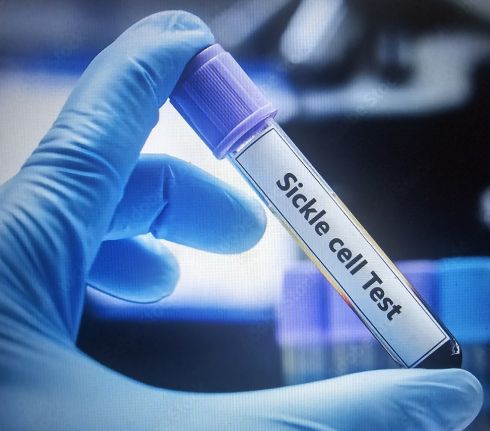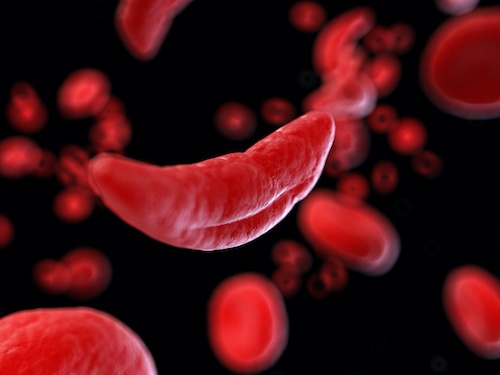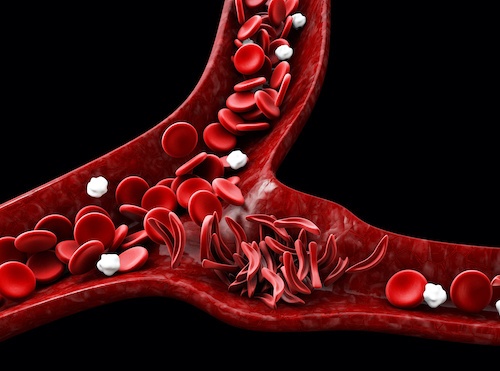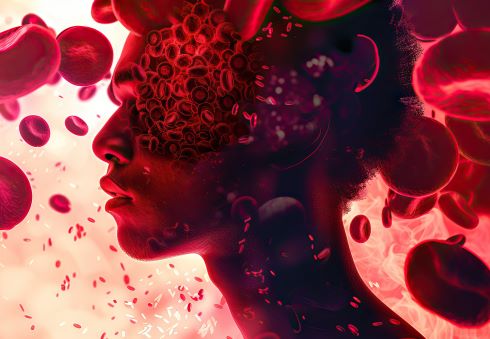
Sickle Cell Disease
Advertisement
This breakthrough could enable efficient mass production of artificial blood products.
An innovative mobile health application may help adults with Sickle Cell Disease manage their pain and reduce opioid use.
These point-of-care options cost as little as $1–$5 per test and do not necessarily require extensive infrastructure.
Researchers report a notable association between colder weather and increased rates of vaso-occlusive episodes
young adults with sickle cell anemia (SCA) have brains appearing significantly older than their chronological ages
Stigma about chronic pain and opioid use disorders may contribute to the use of negative language for patients with SCD.
research has found that adult males with sickle cell disease (SCD) may have abnormal semen parameters
many do not receive the preventive care or treatment that could help keep them healthier for longer
Sickle cell disease can cause vision problems, especially sickle cell retinopathy
A 12-year-old boy made medical history as the recipient of the first successful gene therapy for sickle cell disease
Children and young adults with kidney failure due to sickle cell disease wait nearly two times longer for a kidney transplant
Despite advancements in sickle cell treatment, the technology remains uncertain due to its high cost.
Researchers believe recent data from the SickleGenAfrica Network project is the first to show such findings.
Investigators examined pregnancy complications like cesarean delivery and preeclampsia in patients with SCD versus SCD trait.
Researchers assessed the cost-effectiveness of allotransplantation, gene therapy, and SOC for pediatric patients with SCD.
Sickle cell Anemia patients with poorer dental health have more abundant pathogenic bacteria.
Researchers found that unemployment was linked to higher frequency and severity of SCD pain episodes.
The apprehension of Black patients could link to the effects of systemic racism and resulting inequities in health outcomes.
Guidelines issued in 2014 laid out clear measures to prevent or reduce complications of SCD in children and adolescents.
A study evaluated life expectancy for those living with SCD and who were insured by Medicaid, Medicare, or both.




















 © 2025 Mashup Media, LLC, a Formedics Property. All Rights Reserved.
© 2025 Mashup Media, LLC, a Formedics Property. All Rights Reserved.